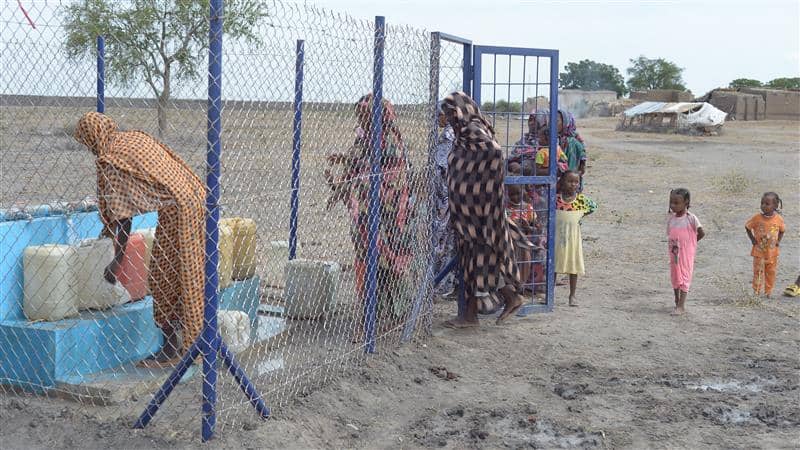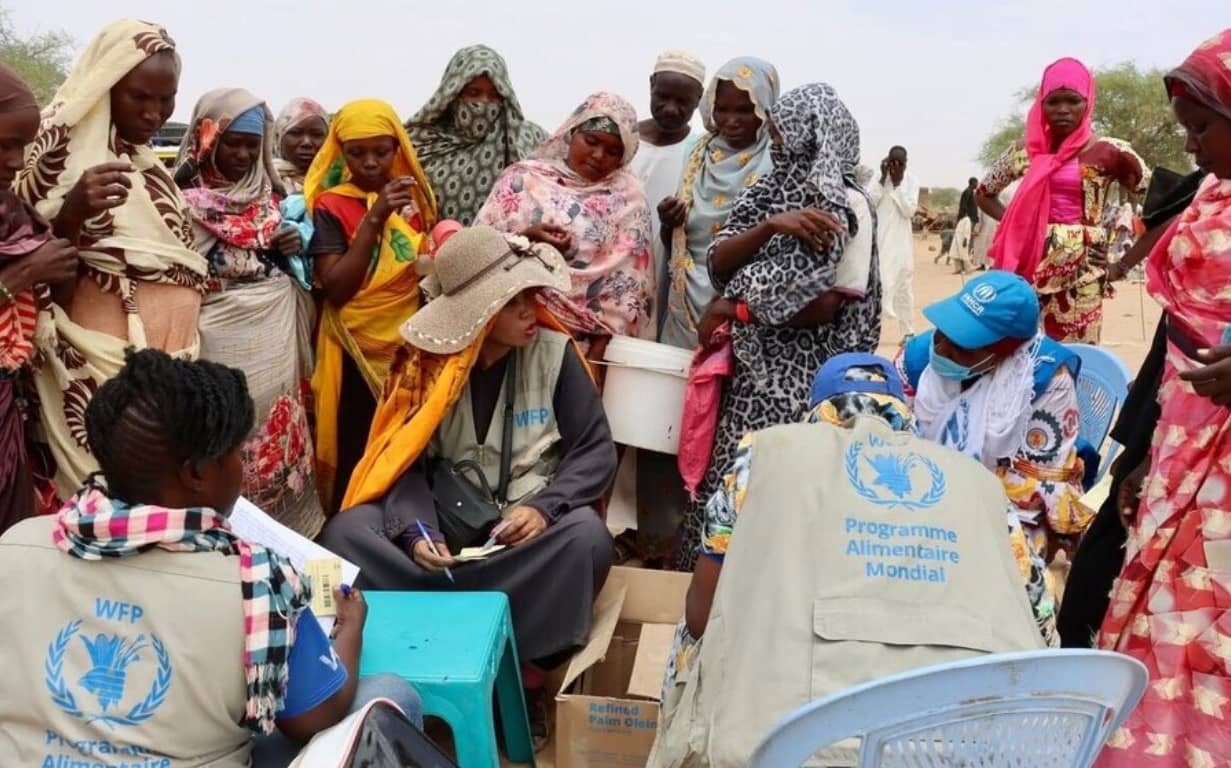YAOUNDÉ, Cameroon – Nigeria’s designation as a “country of particular concern” for religious freedom by the U.S. State department is a “very good thing,” according to a leading human rights charity.
U.S. Secretary of State Mike Pompeo on Dec. 7 announced the decision, placing Nigeria in the same category as China, Iran, Pakistan and Saudi Arabia.
International Religious Freedom Act of 1998, the designation is made by the State Department for countries that engage in “systematic, ongoing, egregious violations of religious freedom.”
RELATED: Bishop says Nigeria a ‘Molotov cocktail’
“Religious freedom is an unalienable right, and the bedrock upon which free societies are built and flourish. Today, the United States – a nation founded by those fleeing religious persecution, as the recent Commission on Unalienable Rights report noted – once again took action to defend those who simply want to exercise this essential freedom,” Pompeo said.
“The United States will continue to work tirelessly to end religiously motivated abuses and persecution around the world, and to help ensure that each person, everywhere, at all times, has the right to live according to the dictates of conscience,” he continued.
Nigeria has a population of over 200 million, almost evenly divided between Christians and Muslims.
RELATED: Nigerian Christians more resilient than terrorists, advocate says
Christians face persecution in the Muslim-majority north – where Sharia law has been imposed in several states – and Nigeria’s “Middle Belt” where the Muslim north meets the Christian south.
The Islamist Boko Haram have been operating in the country’s northeast since 2002, and Fulani herdsmen – who are Muslim have been attacking Christian farming communities throughout the country.
Christian leaders claim the central government has done little to tackle the problem.
RELATED: Boko Haram extremists kill at least 40 farmers in Nigeria
Nathan Johnson, the regional manager for Africa for International Christian Concern, said he hopes the designation will push the Nigerian government to end the killing of Christians.
“There is at least an underlying religious motivation for many of the attacks that take place in Nigeria’s Middle Belt region,” he told Crux.
He also said the State Department’s designation shows the United States is taking the violation of religious freedom seriously and is no longer just accepting the Nigerian government’s response to attacks taking place there.
“The freedoms of religion, press, and speech are all crucial and inherent rights of people, no matter where they live,” Johnson said.
He said many governments in Africa however still “restrict these freedoms. “
He noted that Nigeria wasn’t nearly the worst religious freedom violator in Africa, “but they still have their problems with it.”
RELATED: ‘Power imbalances’ must be tackled to defeat poverty in Nigeria, Christian Aid says
“Countries like Somalia, Eritrea, Mali, and Mauritania all have a complete disregard for religious freedom as well as the other rights that were previously mentioned. Nigeria’s main issue is that the government does not protect or prosecute its citizens equally,” Johnson told Crux.
“Religion is a personal choice that does not affect others around you. The government has no right to restrict this personal decision or to try and force you to go one way. When this basic right is violated, Christians know that their government has no care for them at all and that they will likely suffer regularly for their faith,” he continued.
He did note that the violence against Christians in Nigeria isn’t state-sponsored, unlike in some other countries on the State Department’s list, but carried out by armed gangs and terrorist groups.
RELATED: Nigerian bishops back #EndSARS protests against police brutality
“However, the Nigerian government does nothing to stop these attacks from taking place throughout the Middle Belt region and is unwilling to say that religion plays a role in the attacks. This allows the attacks to continue unabated,” Johnson said.
“But in other countries, such as Mali, Mauritania and Eritrea, the persecution is very much conducted by the government. Apostasy laws in Mauritania could mean death for converting to Christianity. Anti-religion regulations in Eritrea mean indefinite imprisonment for many who do not follow one of the four government-recognized faiths,” Johnson told Crux.


















